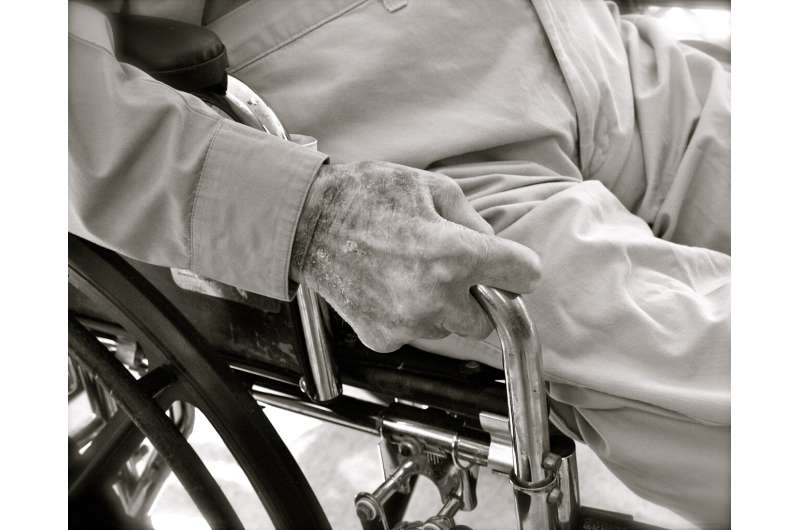
Older patients should be assessed for cognitive function and frailty on admission to hospital to improve rehabilitation programs and discharge planning, according to the research published by the Medical Journal of Australia.
Researchers from the University of Melbourne, Royal Melbourne Hospital (RMH), Vrije Universiteit Amsterdam, and the National University of Singapore, set out to identify the trajectories of functional recovery for consecutive patients admitted to geriatric rehabilitation wards at RMH.
“Functional performance is defined as the ability to perform daily tasks of independent living, such as bathing, dressing, getting into and out of bed, eating, using the toilet, and being mobile in and around the home,” the first author authors, led by Cheng Hwee Soh, wrote.
“A decline in functional performance in people aged 65 years or more is associated with poor quality of life and greater risk of hospitalization, both of which are risk factors for institutionalization and death.”
The Age research group led by Professor Andrea Maier included a total of 618 rehabilitation patients for the analysis. Each patient was assessed two weeks before acute hospitalization, on admission to geriatric rehabilitation, at discharge from geriatric rehabilitation, and three months after discharge, using two scales—the Activities of Daily Living (ADL) and the Instrumental Activities of Daily Living (IADL).
“Three distinct functional performance trajectories were identified. Only a few (6.6 percent) had poor ADL function at baseline and 3-month follow-up; 60 percent of patients had a good ADL function before hospital admission and had a good recovery. However, 33 percent of patients had a good function before hospital admission but did not recover.
“This is a substantial group of patients who might need other interventions during rehabilitation,” wrote Soh and colleagues.
“Higher Clinical Frailty Scale (CFS) score and cognitive impairment were associated with greater chance of poor function after hospital admission.”
Soh and colleagues concluded that assessing cognition and frailty of older patients at admission was an important part of ensuring the “design of rehabilitation interventions and discharge planning” would optimize outcomes for patients.
Medical Journal of Australia

